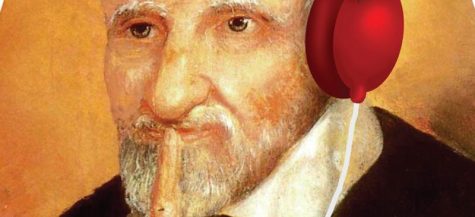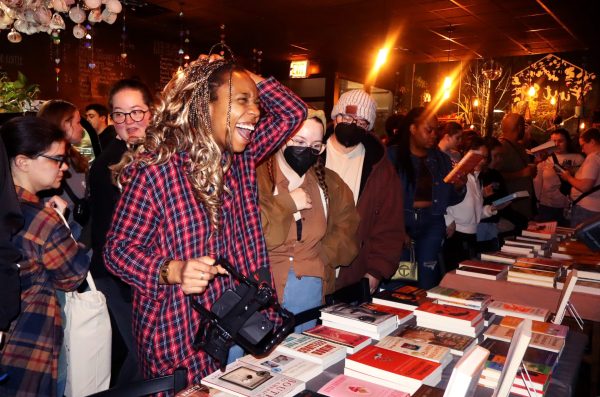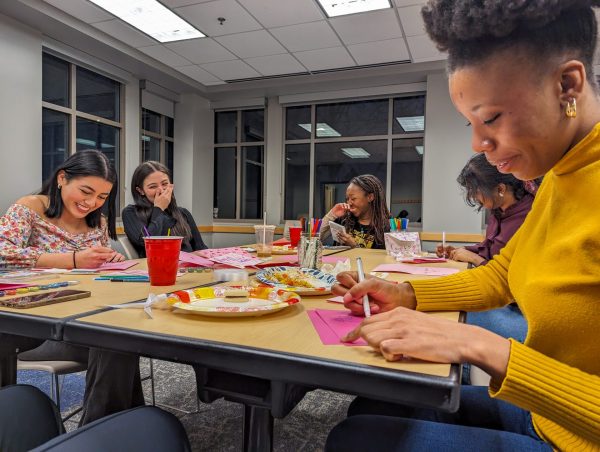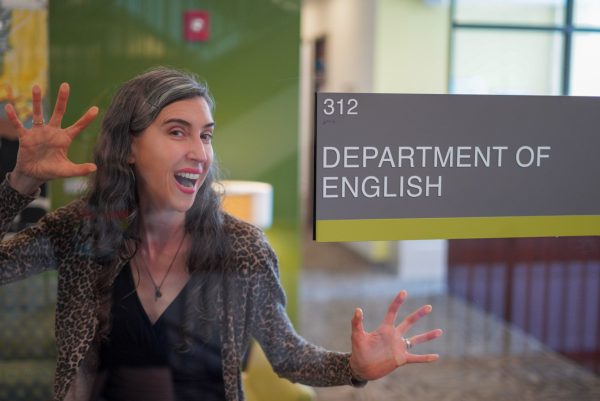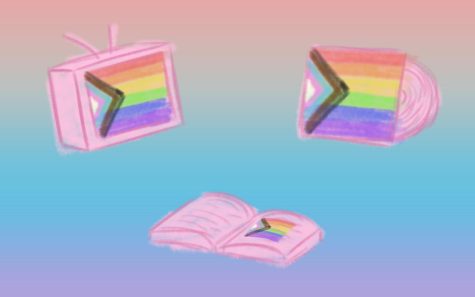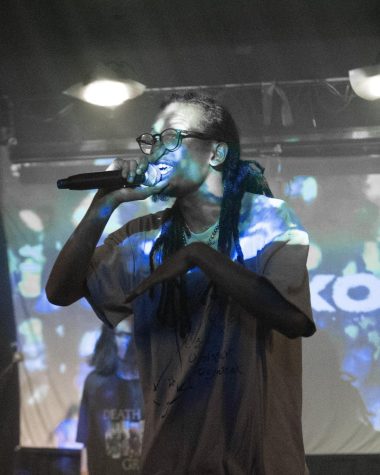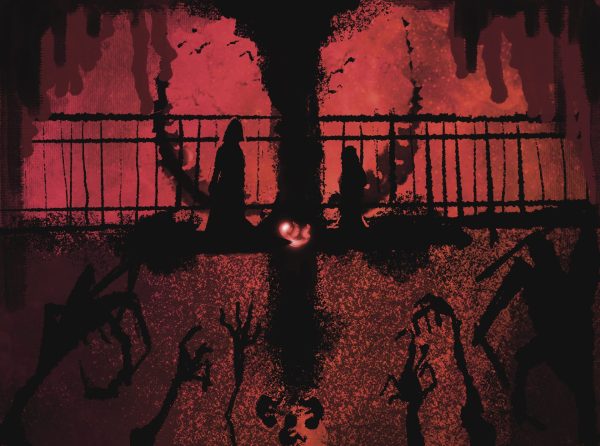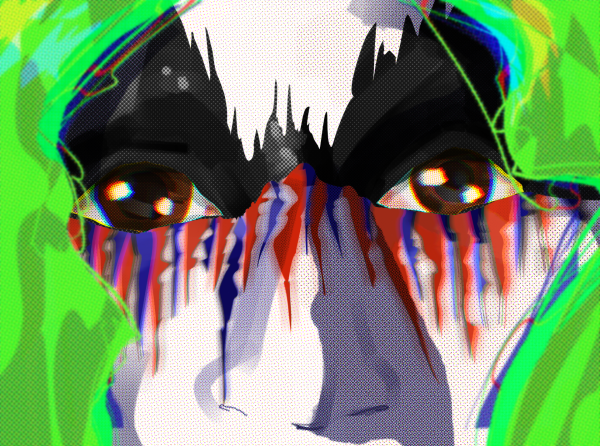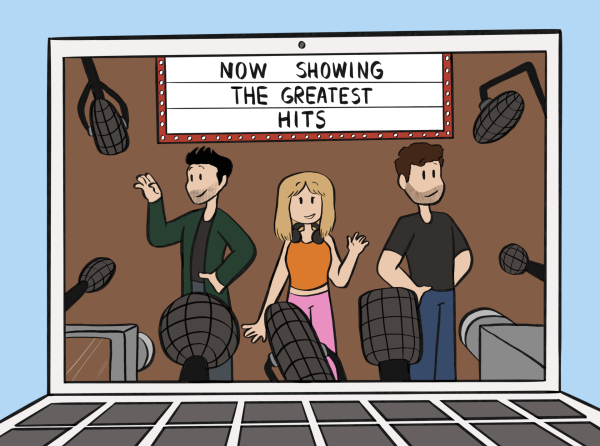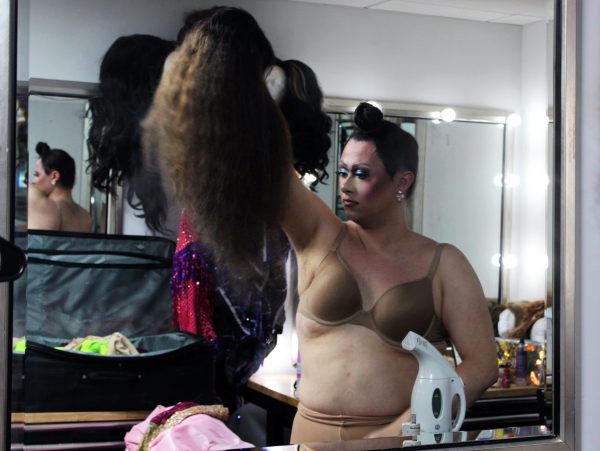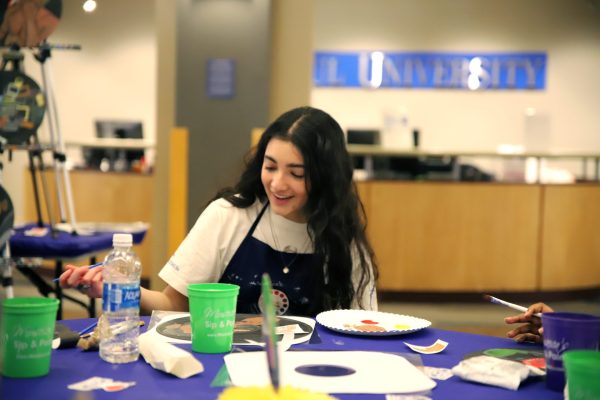Revisiting the high school reading list
Works like “The Great Gatsby” and “Lord of the Flies” are staples of high school reading lists.
It’s been about 10 months since I graduated high school, and every so often, I try to remember what I learned in those four years. I could ponder learning about myself, friendships or even my passion.
But lately, I can’t stop thinking about the books I read in highschool and whether they were worth reading at all. Sure, we all have those literary classics pop up here and there, but are they still relevant now? In fact, “The Great Gatsby” is being adapted into a zombie movie after being put into public domain this past year. How much do they influence the average 18-year-old? How do they fit in the 21st century context?
Although this is so trivial, books provide us insight to the past and human nature. With everything going on in this world, it may be worth looking into these stories and see if there’s anything worth learning. We could be our own downfall at this point.
These ratings go beyond whether I think they are worth reading; they are a mark as to how much these books relate to our current day. I chose five books that are classic staples in every high school English class across the country.
“Great Expectations” by Charles Dickens: 7/10
As any freshman would, I expected to hate “Great Expectations.” And I did, until I read it again several years after. I remembered Pip being a bratty kid with unrealistic dreams. Then I realized that I, too, was stubborn beyond belief. But beyond our similar personalities, what struck me about “Great Expectations” was having strong ambitions and achieving dreams.
However, modern-day goals may entail getting an education or a dream career. Unlike Pip, our dreams involve working to get where we want to be. I think that can resonate a lot with how much hard work we are willing to put in to achieve our dreams. Human ambition did not go away in the past 200 years — in fact, it’s grown stronger. We still want to create and change our world. Dickens predicted this human behavior early, and it’s remained true ever since.
Now, I think we have to reinterpret how we see “Great Expectations.” Unlike the way I learned it, I think we have to view it as a book about perseverance. It’s more about seeing how Pip defied all odds of life to become a gentleman and be with the girl of his dreams. Are we not still defying all odds in 2021? “Great Expectations” has always been viewed as a tale of exaggerated social statuses, but overall, it’s a story detailing determination.
“The Great Gatsby” by F. Scott Fitzgerald: 6/10
I read “The Great Gatsby” my junior year. I had never seen the movie, but I knew to expect alcohol, jazz and murder. However, Fitzgerald offers a complex insight into how wealth and status are arbitrary traits in the grand scheme of things. Fitzgerald argues that character is a true measure of someone’s worth.
In the midst of partying and murder, I believe Fitzgerald unintentionally describes how our society still perceives money equating to worth. Society tends to value the wealthy over the impoverished. James Gatz transformed himself from a poor nobody to the eccentric millionaire known as Jay Gatsby, to prove to others he was worthy of high social status. Although the 1920s were a century ago, we still see huge social stigma surrounding poverty.
This is still highly relevant, that we feel our worth is tied to our monetary value. Society is starting to see how every human life is valuable despite economic status. Fitzgerald continues to be a staple in English classes for a reason, and it’s for his ability to show the tragedy of our misjudgements on human value.
“To Kill A Mockingbird” by Harper Lee: 4/10
After reading “To Kill a Mockingbird” freshman year, I didn’t understand the hype around it as a social justice book. After a summer of civil unrest, it is crucial that we surround ourselves with accurate literature on the Black experience. “To Kill a Mockingbird” is no longer the literature we need to educate ourselves with.
Sure, at one point in time, “To Kill a Mockingbird” was the social justice book for America. However, there are so many books out there that can tell the African American experience so much better. One of the mediocre things about “To Kill a Mockingbird” is that it has a white narrator: Scout, who can only recount the experience of Tom Robinson from a youth perspective. There’s also the overriding white savior complex of Atticus Finch, who ultimately defends Robinson in his trial, that readers glorify — when in reality the author, Harper Lee, later published another book later exposing Atticus’s racist behaviors. The legacy of anti-racist Atticus was then shattered as generations had to learn the truth of their hero.
I don’t believe that one could learn much of the historical Black experience by reading “To Kill a Mockingbird” anymore. There are so many other books written by Black authors who can account real experience rather than a fictional one. “To Kill a Mockingbird” will serve as important literary insight into the past, but I believe no longer serves as an essential read to teach antiracism.
I believe books are one of the few things that are timeless. We sometimes overlook how much of humanity is stored in the pages. But, I think that school systems should start to reevaluate what lessons we are learning from certain books. Some of the classics are still well suited for the 21st century, while others may have lost their original purpose. Looking forward, maybe contemporary books will serve insight into our times. I would not object to seeing “Twilight” in future English curriculums.


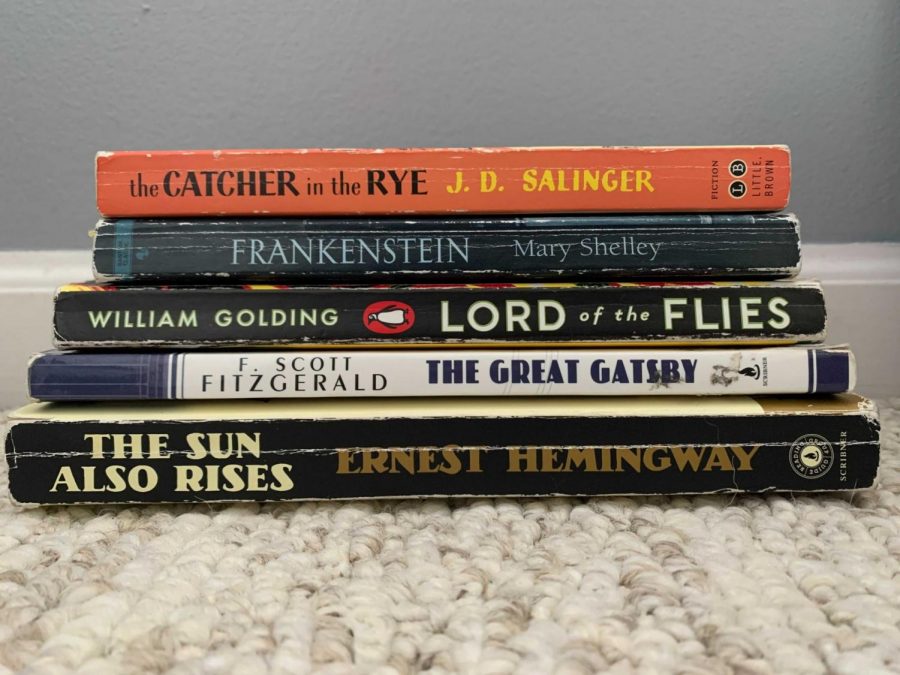
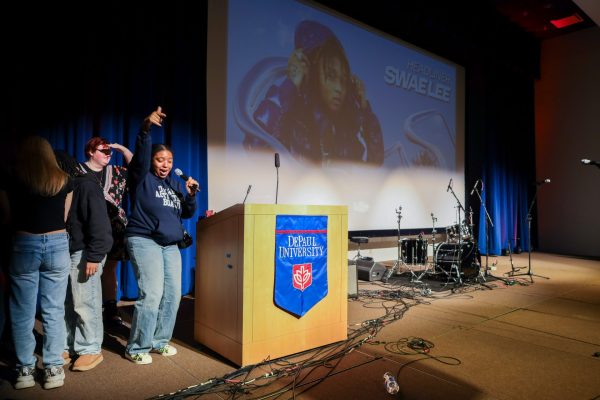

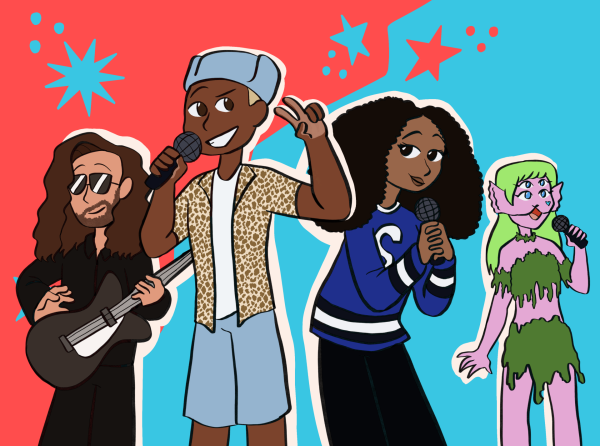
![DePaul sophomore Greta Atilano helps a young Pretty Cool Ice Cream customer pick out an ice cream flavor on Friday, April 19, 2024. Its the perfect job for a college student,” Atilano said. “I started working here my freshman year. I always try to work for small businesses [and] putting back into the community. Of course, interacting with kids is a lot of fun too.](https://depauliaonline.com/wp-content/uploads/2024/04/ONLINE_1-IceCream-600x400.jpg)
